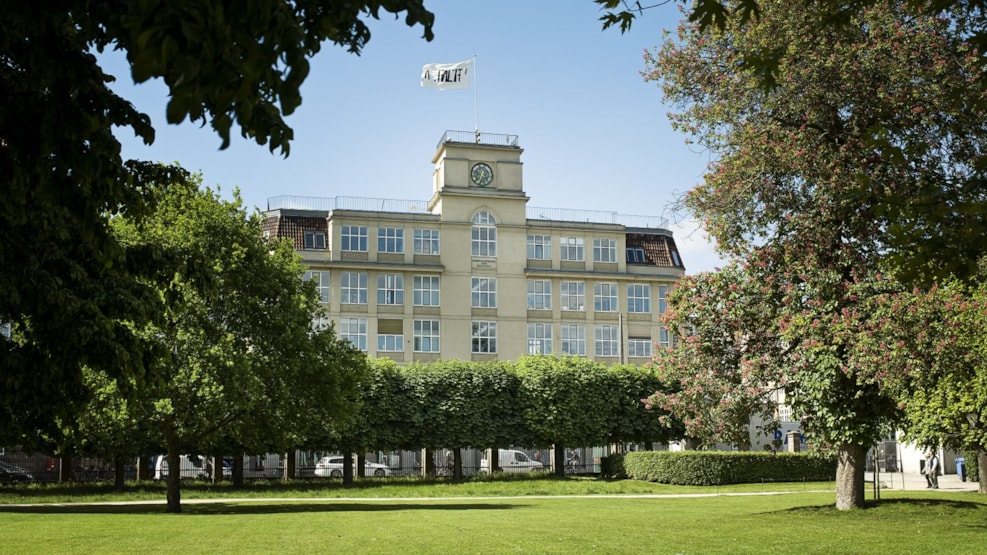
The Cinematheque
Cinemateket is Denmark’s national film house – a cinema and cultural venue in central Copenhagen, just a short walk from Kongens Nytorv and Nyhavn. At the top of the building, you’ll find Filmtaget, a rooftop terrace with sweeping views over the city and, in summer, home to Himmelbio – Copenhagen’s only open-air rooftop cinema. Inside, Cinemateket offers handpicked films from Denmark and around the world, in a house full of culture and atmosphere – welcoming everyone from curious visitors to devoted film lovers.
The Experience
In the summer months, you can visit Filmtaget – Cinemateket’s rooftop terrace with open views over the city. It’s home to Himmelbio, Copenhagen’s only open-air rooftop cinema, where you can watch handpicked films under the evening sky. Filmtaget also features a free interactive exhibition about Danish film culture, offering a closer look at the voices, images, and ideas that have shaped Danish cinema.
Inside Cinemateket, you’ll find three cinemas showing a wide range of films beyond the mainstream, from Danish classics and international masterpieces to retrospectives, documentaries, silent films and new releases.
Before or after the film, enjoy a meal or drink at Restaurant SULT, browse the bookshop filled with film posters and literature, or explore rare titles in the videotheque.
The Danish Film institute
Cinemateket is part of the Danish Film Institute (DFI) – Denmark’s national agency for film. Under the same roof, the DFI works to support and strengthen film culture across the country. Its operations cover everything from development and production of feature films, shorts and documentaries to distribution, marketing, preservation of the national film archive – and the running of Cinemateket itself.
Danish cinema has long had a distinct voice – from the poetic power of Carl Th. Dreyer’s silent films to the raw energy of the Dogme 95 movement and today’s internationally recognised directors. At Cinemateket, that legacy lives on – on screen, in conversation, and in a house full of film history and culture.